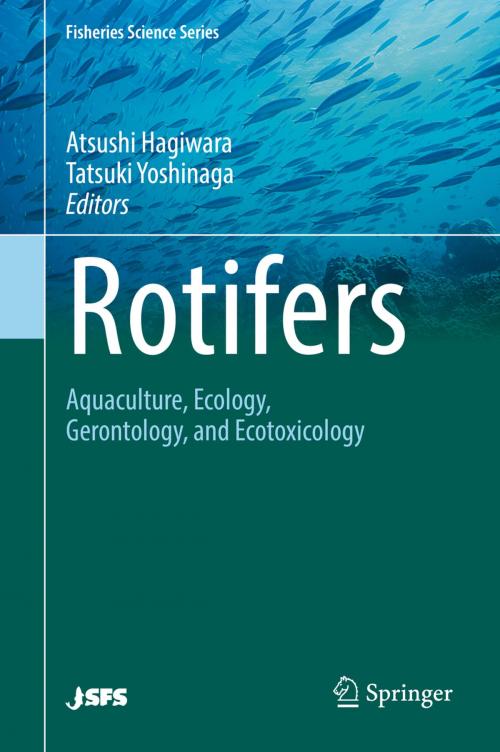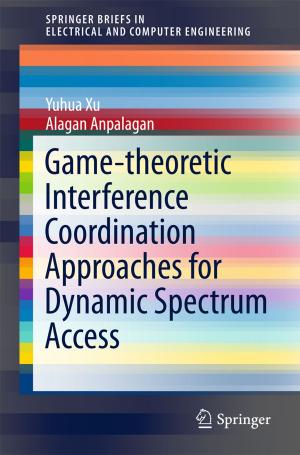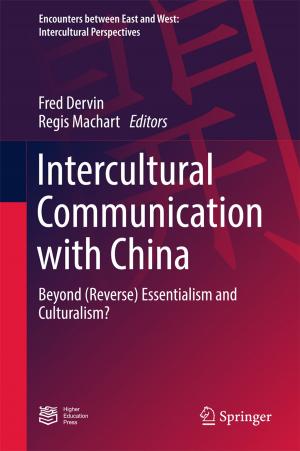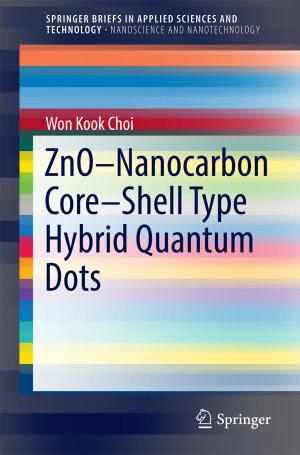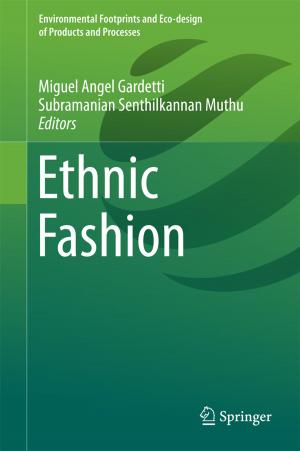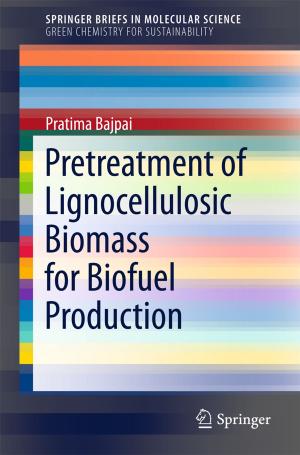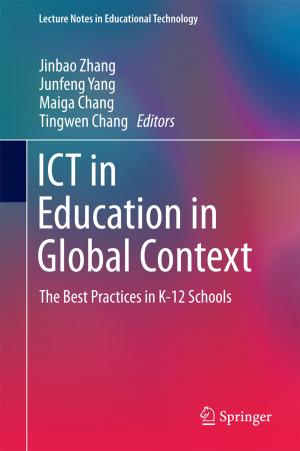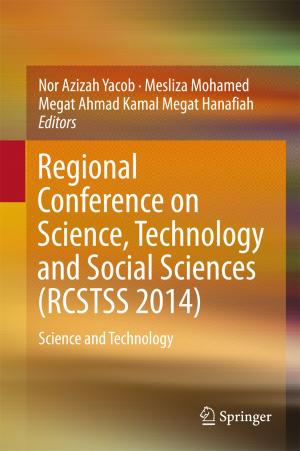Rotifers
Aquaculture, Ecology, Gerontology, and Ecotoxicology
Nonfiction, Science & Nature, Science, Biological Sciences, Ecology, Zoology, Nature| Author: | ISBN: | 9789811056352 | |
| Publisher: | Springer Singapore | Publication: | September 22, 2017 |
| Imprint: | Springer | Language: | English |
| Author: | |
| ISBN: | 9789811056352 |
| Publisher: | Springer Singapore |
| Publication: | September 22, 2017 |
| Imprint: | Springer |
| Language: | English |
This book highlights the latest advances in rotifer studies in various fields including aquaculture, ecology, gerontology and ecotoxicology. The genus Brachionus are an indispensable type of zooplankton, having served as an initial live food for marine larval rearing since the 1960s. Their mass culture techniques have been intensively studied, and some essential achievements have been made – regarding high density culture, employment of valuable dietary algae, automated culture systems, and effective production of resting eggs. These have in turn supported stable and efficient aquatic seedling production for numerous important marine fish species including flounder, sea bream, and bluefin tuna. Further, this group is considered to be a suitable model for studying various aspects in ecology. A series of aquaculture and basic science studies have significantly advanced our understanding of the life history evolution. The studies in these two fields are closely
linked, and provide readers with comprehensive information on how rotifers are now being employed in biological investigations.
This book highlights the latest advances in rotifer studies in various fields including aquaculture, ecology, gerontology and ecotoxicology. The genus Brachionus are an indispensable type of zooplankton, having served as an initial live food for marine larval rearing since the 1960s. Their mass culture techniques have been intensively studied, and some essential achievements have been made – regarding high density culture, employment of valuable dietary algae, automated culture systems, and effective production of resting eggs. These have in turn supported stable and efficient aquatic seedling production for numerous important marine fish species including flounder, sea bream, and bluefin tuna. Further, this group is considered to be a suitable model for studying various aspects in ecology. A series of aquaculture and basic science studies have significantly advanced our understanding of the life history evolution. The studies in these two fields are closely
linked, and provide readers with comprehensive information on how rotifers are now being employed in biological investigations.
